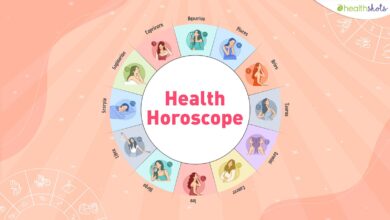
What to Eat and Avoid, a Sample Menu, Health Benefits and Risks
Turns out, what’s low carbohydrate for one person isn’t for another. “There’s no medical definition of what low carb is,” says Columbus, Ohio–based Kelly Schmidt, RD. Basically, it’s reducing the number of carbs you eat from your norm. In general, however, a low-carb diet may include 50 to 100 grams (g) of carbohydrates per day, she says. Below that is considered a ketogenic diet, while 100 to 200 g of carbohydrates per day is a moderate-carb diet.
How Cutting Carbs May Help With Weight Loss and Blood Sugar Management
You probably hear the most about low-carb eating for weight loss, but for some people, the approach could also help optimize their health, says Schmidt. “Research shows that women who are obese or have metabolic problems [may] do better hormonally on lower carbs,” says Schmidt, pointing out that other outcomes of the diet can include better sleep, mental clarity, and increased satiety.
-
Seven-day anti-polio campaign begins across country – SUCH TVOctober 2, 2023
-
FDA authorizes Novavax’s updated COVID vaccine for fall 2023October 3, 2023
As low-carb dietitian Franziska Spritzler, RD, CDE, who’s based in Orange County, California, points out, when you cut back on carbs, blood sugar and insulin levels generally go down, which can be a good thing for some people. “Carbs are broken down into glucose, which raises your blood sugar and prompts your pancreas to produce insulin to drive sugar into your cells,” says Spritzler. “When you’re overweight or obese, your blood sugar goes up and your pancreas sends out insulin, but your cells may not be responsive, leading your pancreas to overproduce insulin,” she says. High insulin increases hunger and prompts fat storage, she explains.
A low-carb diet may therefore help keep your blood sugar in check and keep your insulin level low to potentially aid with weight loss. Because doctors often recommend that those with type 2 diabetes lose weight to better their blood sugar, this approach could possibly, directly and indirectly, improve blood glucose levels.







